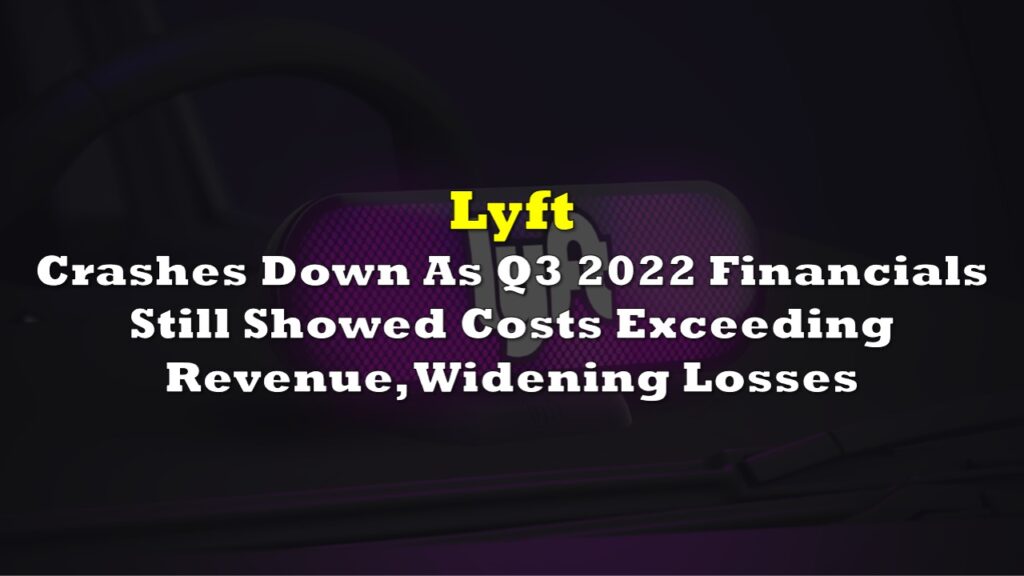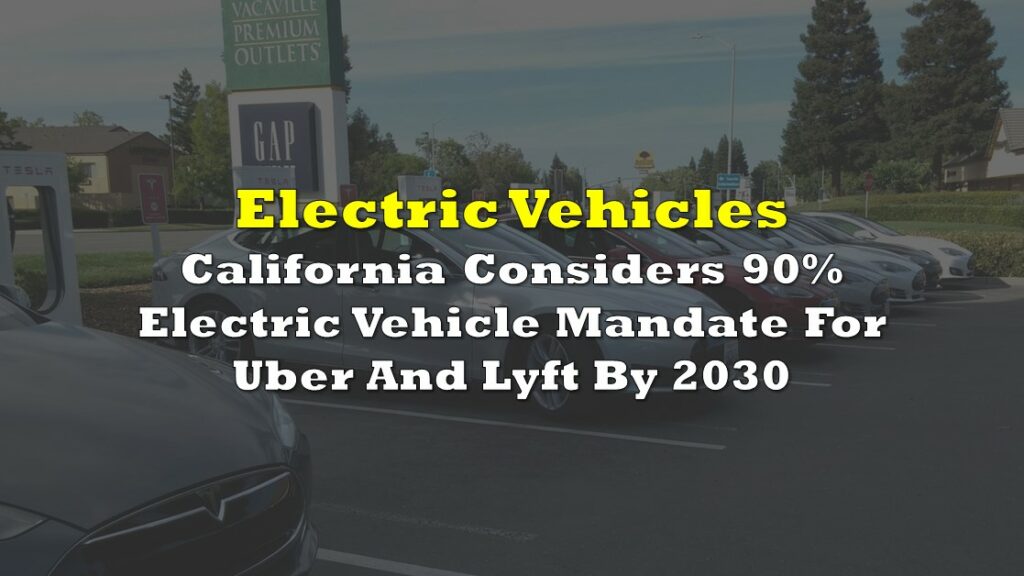Lyft Inc has announced it will be selling its self-driving division to a Toyota Motor Corp subsidiary, after realizing its pricey driverless vehicle service is actually not that close to revolutionizing ride-hailing after all.
The deal, which is worth $550 million, will allow Lyft to record an adjusted profit come the third quarter of the year rather than the end of the year, as previously projected. The ride-hailing company anticipates the sale will allow it to save approximately $100 million in operating expenses annually. “Assuming the transaction closes within the expected timeframe and the Covid recovery continues, we are confident that we can achieve Adjusted EBITDA profitability in the third quarter of this year,” said John Zimmer, co-founder and president of Lyft in prepared remarks.
Lyft said it will sell the self-driving unit, called Level 5, to Woven Planet Holdings Inc, which is a subsidiary of Toyota’s research division in charge of advancing self-driving technology. The first part of the deal consists of a $200 million payout, followed by $350 million in further payments over a duration of five years. According to Zimmer, the main reason behind the company’s self-driving technology abandonment was that Lyft realized it no longer benefited being in a position to develop its own autonomous vehicles.
Also part of the deal, Lyft will share data with Woven Planet that will help accelerate the development of the autonomous vehicles the unit envisions to develop. Along with Lyft’s data scientists and engineers, Woven Planet will be given route, mapping, and other important information from the ride-hailing company, as well as data from the sensors that are mounted on the 10,000 vehicles that make up Lyft’s fleet.
Instead, Lyft will focus on its multiple partnerships with other companies, many of which are directly working on autonomous technology. “It’s important, at this point, not to get into an exclusive relationship,” Zimmer told Bloomberg. “This allows us to work with multiple partners, to bring the best and safest technology to the platform for our customers and to focus on the customer experience and the marketplace technology,” he explained.
News of the sale comes as demand for Lyft’s ride-hailing service appears to be rebounding from the pandemic. Lockdowns related to Covid-19 were particularly difficult on the company, given that it only operates in North America and does not branch out to food delivery like its rival Uber to help offset ride-hailing losses. However, despite the ride-hailing industry showing signs of a rebound, expectations for autonomous technology have been subdued.
What was previously regarded as a disruptive technology that would be commercialized at a cheap cost, self-driving car development has instead been slow to roll out due to safety concerns, and ended up costing a lot more than initially anticipated. With the pending sale of its self-driving division, Lyft now joins Uber, which also sold its autonomous fleet to Aurora Innovation in 2020.
Following the announcement, Lyft shares rose by as much as 2% in extended trading last night.

Information for this briefing was found via Lyft and Bloomberg. The author has no securities or affiliations related to this organization. Not a recommendation to buy or sell. Always do additional research and consult a professional before purchasing a security. The author holds no licenses.









